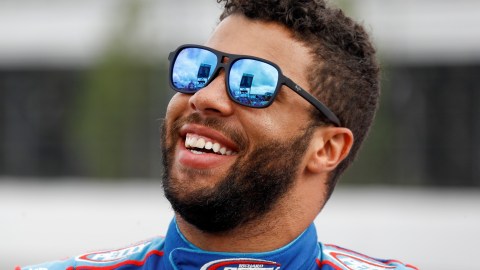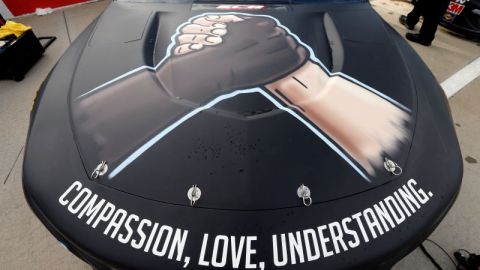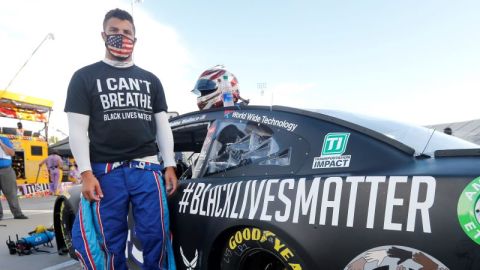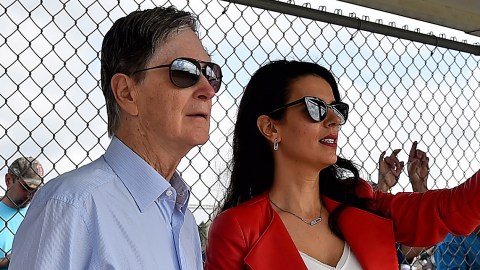 BOSTON — In Memphis, they are begging their team to play faster, even as one of the league’s best defensive squads piles up wins. If this sounds at all familiar, it is because this is one of the main criticisms the Celtics faced in recent years.
BOSTON — In Memphis, they are begging their team to play faster, even as one of the league’s best defensive squads piles up wins. If this sounds at all familiar, it is because this is one of the main criticisms the Celtics faced in recent years.
This season’s underwhelming play notwithstanding, the Celtics have proved fairly definitively that a deliberate pace combined with lockdown defense are a solid combination for making a team a viable championship contender. One would think we are past this debate by now, but while the run-and-gun Warriors have shocked the NBA and the Clippers have lobbed their way to the league’s best record, the Grizzlies’ slow style has its skeptics.
After another typical, moderately paced victory in which the Grizzlies used fewer than 94 possessions, exactly matching their season average with the 12th-slowest pace in the league, Memphis coach Lionel Hollins once again had to defend an approach that has not garnered 100 points in a game since early December.
“The pace that we got up and down the court, we don’t run at a breakneck pace, but we get up, we go into our offense and the ball goes from side to side,” Hollins said. “We’re not letting the ball stick in our hands. We’re just moving it and we were very good at that. Defensively, especially in the third quarter, I thought that we were just outstanding at getting to people and taking away what they wanted to do.”
Ever since Bill Russell‘s Celtics turned the fast break into a winning strategy and Magic Johnson‘s Lakers evolved it into an art form, the running game has been associated with championship-caliber play. In order to win a title, a team has to run — just not too much, lest they become Mike D’Antoni‘s Knicks.
That thinking ignores the fact that the defense that sparks the running, rather than the mere act of running itself, is the key ingredient. And that is the element the Grizzlies have chosen as their identity. The Grizzlies are the second-stingiest defense in the league in terms of points per possession, and are first in the less reliable, yet more widely used, statistical standard of points against. While much could be made of their failure to score 100 points since a Dec. 4 win over the Suns (and even then it took overtime to get there), just as much can be made of the Grizzlies holding their opponents to point totals in the 80s or lower in nine of the 13 games since.
No matter the factual argument, however, a fast-paced game often just plain looks better. College players look like they are busting their rear ends, dashing around like chickens with their heads cut off, drawing questionable charging calls and diving for loose balls even when they probably could have simply picked up the ball without getting floor burns. Celtics coach Doc Rivers laughed recently while reflecting on the transition from the college to the pro game, which some fans think of as the lazier of the two sports.
“That’s why I always think it’s funny when people say college kids play harder,” Rivers said. “They play faster. They play more out of control. That’s it.”
As with everything, there is a happy medium the Grizzlies must find. Scoring more than 100 points worked well for them early in the season, when they reached triple-digits in nine out of their first 17 games while starting 14-3. But that was early, when scoring was up across the league. Average scoring and pace have come down to earth since then, and both are now close to what they were last season. In fact, they are even lower than they were in 2010-11.
Still, the Grizzlies do have to score. Wednesday’s win was only the ninth time since Dec. 1 that they scored 90 points or more in a game, and not coincidentally they are 8-7 in that span. (They have also played eight road games in the period, it should be noted, and they remain one of the better road teams in the league with a 7-6 record away from the FedEx Forum.) The point is not that they need to play faster, but that they need to be more efficient. For instance, they average only a possession per game fewer than the high-flying Clippers, who are perceived as a run-and-gun outfit. Yet the Clippers score almost seven points more per 100 possessions than the Grizzlies, revealing that quality of possessions, rather than quantity, is the key.
Take the Celtics — please. While comparing teams across seasons is inexact, particularly when there is as much roster turnover as the Celtics had last offseason, the Celtics are playing at a slightly faster pace this year relative to the rest of the league. They are only the 10th-slowest squad in the NBA, up from the eighth-slowest a year ago, and score more points as a result. Yet they have regressed to just an average team defensively, instead of one of the best, and their sub-.500 record speaks for itself.
Sure, playing faster sounds exciting. It generates more highlights and inflates point totals, which look nice enough on YouTube or on paper. It does not necessarily lead to more wins. At their current, non-breakneck pace, the Grizzlies are a legitimate NBA Finals contender. Aside from a few tweaks, they should not feel the need to fix what is working.
Have a question for Ben Watanabe? Send it to him via Twitter at @BenjeeBallgame or send it here.



